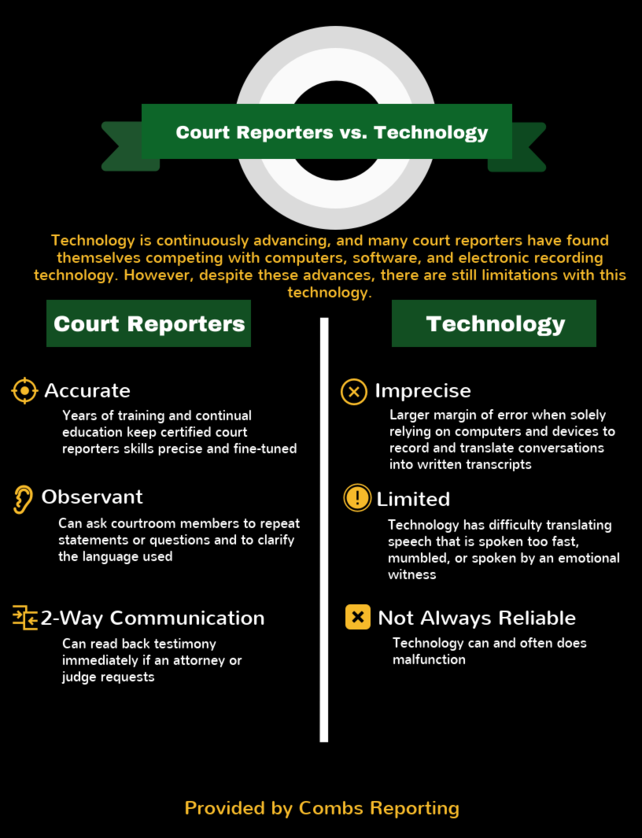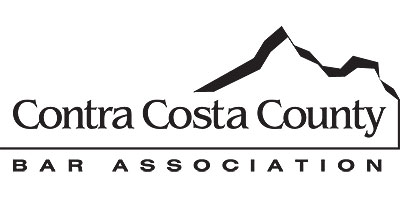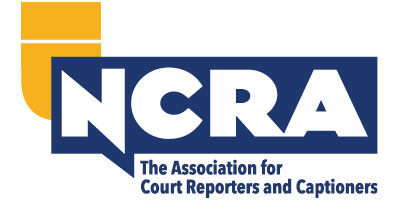The Digital Technology Won’t Take Over The Court Reporter’s Role Any Time Soon
Technology is quickly advancing and finding its way into court rooms and legal proceedings. Many court reporters have found themselves competing with computers, software, and electronic recording technology. However, despite these advances, there are still limitations with this technology.
First of all, technology can and often does malfunction. These technical failures may not even be discovered until after the deposition or trial has started. Furthermore, there is a larger margin of error when solely relying on computers and devices to record and translate conversations into written transcripts. This technology has difficulty translating speech that is spoken too fast, mumbled, or spoken by an emotional witness. However, a court reporter can mitigate these issues. For example, a court reporter can ask courtroom members to repeat statements or questions and to clarify the language used.
Additionally, digital recording devices’ microphones are limited. There are two main types of microphones that can be used to record depositions or court trials: directional and omnidirectional. Directional microphones are able to pick up sounds coming from only one direction. Therefore, they can miss important pieces of conversation from other parts of the room. Omnidirectional microphones, on the other hand, can pick sounds from all directions. However, this can lead to garbled background noises, and it could be difficult to differentiate between two speakers who speak at the same time. Again, it is important to note that a human court reporter can use his/her judgement to differentiate between background noise and the important conversations that need to be recorded.
Furthermore, there is the “on the record/off the record” situation that digital technologies have difficulties with. When both parties of a deposition agree to go “off the record,” the digital recording device does not have the judgement or capability to switch off on its own. Thus, confidential information may accidently end up on the record and be released to the public.
While the idea behind using this digital technology is to save time and money, it may ultimately be costlier. For example, let’s say a trial goes to the appeals process, but the trial’s audio was only digitally recorded. Then, a written transcript will need to be created. Creating a written transcript from an audio file can be much more difficult and time-consuming. This means that expenses can easily add up.
Do Your Research
Choose your court reporter wisely. At Combs Reporting, we offer the best certified licensed court reporters. We have been in the legal industry providing litigation support for over 50 years. We have the court reporting experience and knowledge you need to conduct a successful and effective deposition.
Based on all of these current limitations, court reporters still have a necessary role to play in depositions and court proceedings. Also, it’s important to remember that no machine can replace human judgement. While some states do use digital technologies, California still relies on court reporters.
Below is an infographic that summarizes court reporters’ vital skills against these digital technologies. As you will discover, court reporters are still extremely valuable members of the court room and legal process.







Leave A Comment